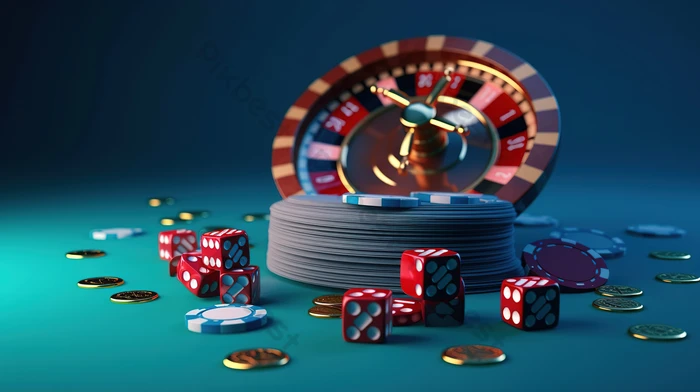
Lottery prediction is an intriguing topic that blends mathematics, probability, and strategy. For enthusiasts looking to enhance their understanding of hk lottery prediction (prediksi togel hk) forecasts, there are specific techniques and approaches to explore. While predicting exact outcomes remains highly uncertain due to the random nature of lotteries, statistical strategies can help refine your predictions and focus efforts. Here, we’ll discuss some practical and statistical methods for better insights into HK lottery predictions.
Understanding the Nature of Lottery Predictions
Before jumping into strategies, it’s important to acknowledge that lotteries are based on randomness, and no method guarantees a win. However, with the right statistical approach, patterns and trends within the results can help guide players in making informed predictions. These strategies revolve around probability theories, historical data analysis, and calculated pattern identification rather than baseless guessing.
1. Analyze Historical Results
A great starting point for lottery prediction is analyzing past winning numbers. Historical data often provides valuable insights into patterns or recurring numbers. By reviewing previous draw results, players can look for:
-
- Hot Numbers: Numbers that appear frequently over time.
- Cold Numbers: Numbers that haven’t been drawn for a while.
- Repeating Patterns: Combinations that might show up intermittently.
This analysis helps players identify trends, though it’s important to keep in mind that past results don’t guarantee future outcomes.
2. Apply Probability Theory
Another effective tool is probability theory. This involves understanding that every lottery number has an equal chance of being drawn unless explicitly stated otherwise. However, over time, the probability of certain numbers appearing with relative frequency could shift. Here’s how you can apply this concept:
-
- Use combinations rather than single numbers, as statistically, combinations may improve chances.
- Avoid common patterns like consecutive numbers or number sequences as they are often overused.
Probability calculations make the process more systematic, adding an extra layer of logic to your predictions.
3. Balance High and Low Numbers
One proven technique lottery enthusiasts often use is balancing the selection of high and low numbers. For instance, in HK lotteries with ranges like 1-49, there’s often a mix of numbers in the winning combination.
A balanced selection strategy could include equal representation from both lower (e.g., 1-24) and higher (e.g., 25-49) ranges to cover more possibilities.
4. Study the Odd-Even Distribution
Like the high-low concept, even and odd number distribution can also play an essential role. Winning combinations frequently consist of a mix of both odd and even numbers. Historical data can help determine which distributions are more commonly successful, allowing you to adjust your number selection accordingly.
5. Utilize Number Pool Subsets
Breaking the number pool into subsets can help create a more systematic guess. Instead of randomly choosing numbers, divide them into smaller clusters based on numerical characteristics or frequency. For example:
-
- Group numbers by ranges (e.g., 1-10, 11-20, etc.).
- Focus on subsets with higher historical probabilities from previous lottery results.
This method ensures a structured approach and minimizes random selection.
6. Avoid Common Myths
While strategies are helpful, it’s essential to avoid common lottery myths, such as:
-
- Believing certain numbers are “luckier” than others.
- Playing the same numbers repeatedly, hoping for eventual success.
- Relying on superstitions without any statistical backing.
Sticking to data-driven methods ensures you maintain a rational approach to predictions.
Maximizing Strategy with Consistency
While adopting these methods, consistency is key. Regularly tracking historical trends, refining strategies with updated data, and maintaining an analytical mindset can go a long way in improving predictions. Remember, the goal is not to cheat randomness but to enhance your probability of creating winning combinations using logic and analysis.



